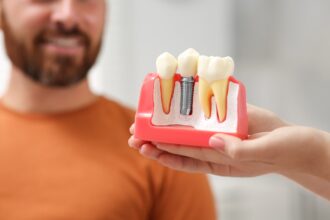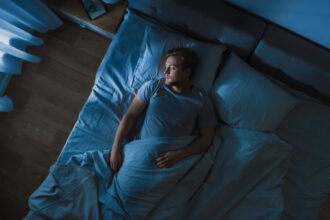Why write about ECT today? Isn’t it yesterday’s news? Actually, in the words of health writer Melissa Dahl (msnbc.com, 8.6.2008), “the practice has been making a quiet comeback.”
Why write about ECT today? Isn’t it yesterday’s news? Actually, in the words of health writer Melissa Dahl (msnbc.com, 8.6.2008), “the practice has been making a quiet comeback.”
“One Flew Over the Cuckoo’s Next” did nothing to help make ECT fashionable. In fact, according to the 2003 Sixth Edition of The Columbia Electronic Encyclopedia, it is the “most controversial treatment in psychiatry.” Commonly referred to by the forbidding name “shock treatment,” ECT stands for electroconvulsive therapy, in which electric current is administered through the skull to the brain in order to induce a seizure. The patient–under anesthesia–experiences a 20-second grand mal seizure.
Of course the treatment didn’t start out in a manner meant to win friends and influence people. In its earliest days, ECT occurred before anesthesia and muscle relaxants, and patients underwent such violent seizures that it was possible for them to break bones. Doctors and nurses physically restrained patients–and the image that didn’t played well to the masses. Patients had up to 100 treatments. Today, a typical protocol is 6-12 treatments over a 2-3 week period.
What is ECT used for? It’s most well-known as a treatment for depression, particularly treatment-resistent depression, but it also is used–although less commonly–in bipolar disorder and schizophrenia.
The idea of using seizures to treat depression was introduced by one Ugo Cerletti, an Italian psychiatrist, in 1938. Less than a year later the New York State Psychiatric Institute introduced ECT as a treatment into the U.S. By the 1960s around 300,00 patients a year were treated with ECT. No one knows exactly how it works, although Andy Berhman, author of Electroboy: A Memoir of Mania, has collected some theories (see his blog).
ECT’s usage dropped sharply in the U.S. when psychiatric medications became available to treat depression in the 50s. Around the 80s the number of patients seeking ECT stabilized at an estimated 100,000 patients per year in the US, and approximately 1-2 million individuals undergoing ECT worldwide.
Sadly, anti-depressant medications don’t work at all for all patients, which makes many of them desperate for relief. According to the American Psychiatric Association, the success rate with medication is 50-60%. Even amongst those who have success with medications, the healing process is slow, often requiring several different trials, each of which may have side-effects. The deeper and more chronic the depression, the more challenging the treatment.
Despite its past (and even current) bad press, ECT remains a treatment that people turn to because it works. In cases of debilitating depression, ECT has a greater success rate than any other treatment, according to Dr. Demitri Papolos, associate professor of psychiatry at the Albert Einstein College of Medicine in New York City, where he is the co-director of the Program in Behavioral Genetics, and author of Overcoming Depression: The Definitive Resource for Patients and Families Who Live with Depression and Manic-Depression.
In England, Professor John Geddes and his colleagues at Oxford University looked at over 73 ECT treatment outcomes over the past 40 years. Sure enough they discovered that ECT was more efficacious than dummy electroconvulsive therapy, and more effective at treating depression than medication. They wrote in The Lancet, “the randomised evidence consistently shows that in the short-term, ECT is an effective treatment for adult patients with depressive disorders.” Speaking to the BBC News Online, Professor Geddes said of the study that “[W]e found that in the short-term ECT reduces depressive symptoms and that it may be a bit better than drugs.”
As an added boon, it usually yields fairly quick results, unlike antidepressant medicines which can take weeks to yield any form of relief. The well-known Dr. Harold Sackeim, famous American psychologist, Chief of the Department of Biological Psychiatry at New York State Psychiatric Institute and Professor of Clinical Psychology at Columbia University (and author of over 200 ECT-related papers), has run several studies on the efficacy of ECT. He found in one study that the response rate was 65 percent for low-dose bilateral therapy and 63 percent for high-dose bilateral therapy. Sackeim concludes that ECT is the most effective treatment for treatment-resistant depression.
Not all is golden, however, so please read Part II.
![]()









